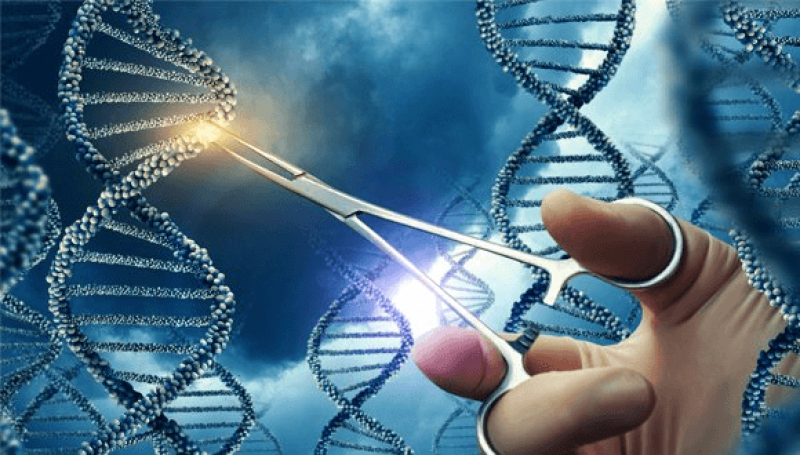Scientists at Tel Aviv University (TAU) warn that while the CRISPR genome-editing method is very effective, it is not always safe and that sometimes, rearranging pieces of DNA compromises genomic stability, possibly triggering cancer in the long run.
The Israeli researchers sought to examine whether the potential benefits of CRISPR therapeutics might be offset by risks resulting from the cleavage itself, assuming that broken DNA is not always able to recover.
[Dr. Uri] Ben-David and his research associate Eli Reuveni explained that “the genome in our cells often breaks due to natural causes, but usually it is able to repair itself, with no harm done. Still, sometimes a certain chromosome is unable to bounce back, and large sections or even the entire chromosome are lost. Such chromosomal disruptions can destabilize the genome, and we often see this in cancer cells. Thus, CRISPR therapeutics, in which DNA is cleaved intentionally as a means for treating cancer, might, in extreme scenarios, actually promote malignancies.”…
Based on their findings, the researchers caution that extra care should be taken when using CRISPR therapeutics. They also propose alternative, less-risky methods for specific medical procedures and recommend further research into two kinds of potential solutions – reducing the production of damaged cells or identifying damaged cells and removing them before the material is administered to the patient.
This is an excerpt. Read the original post here































